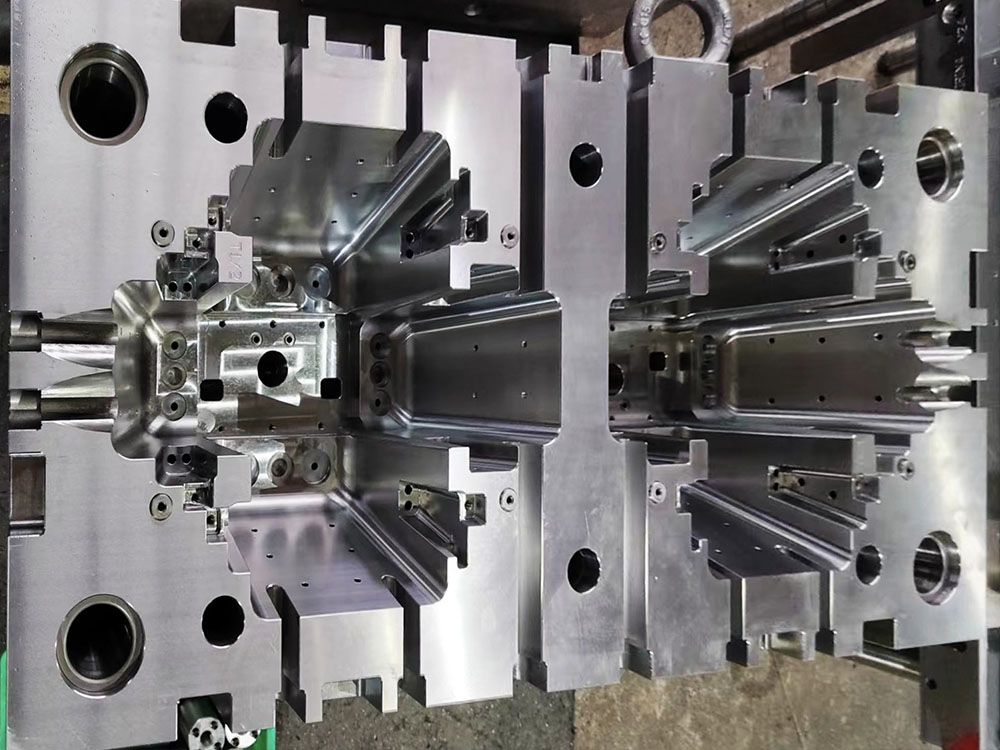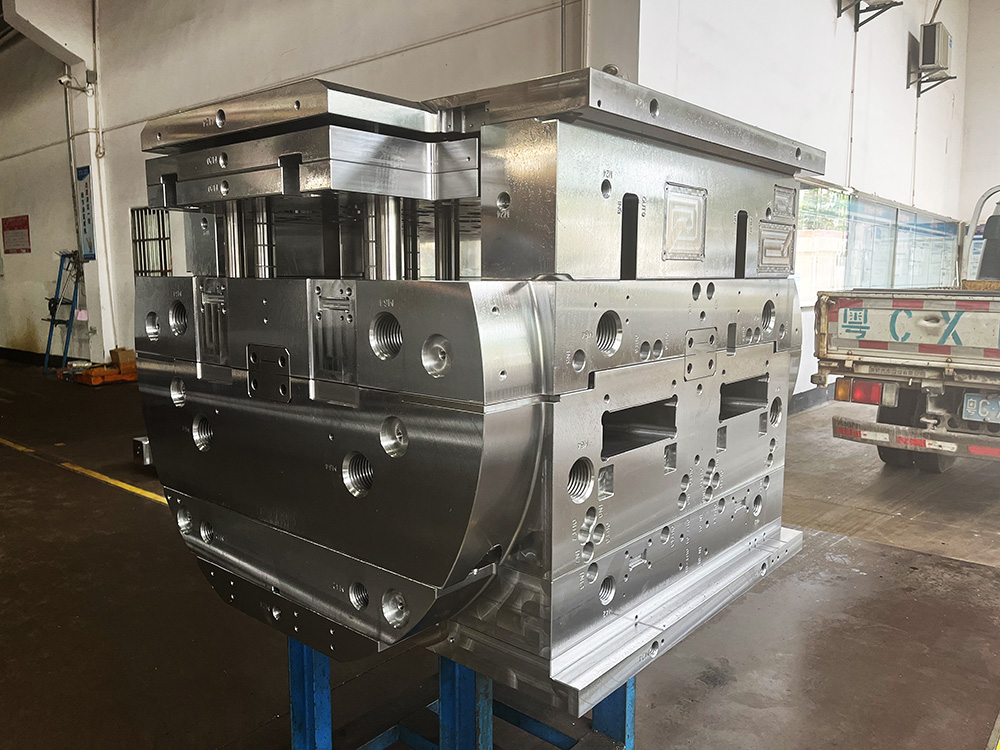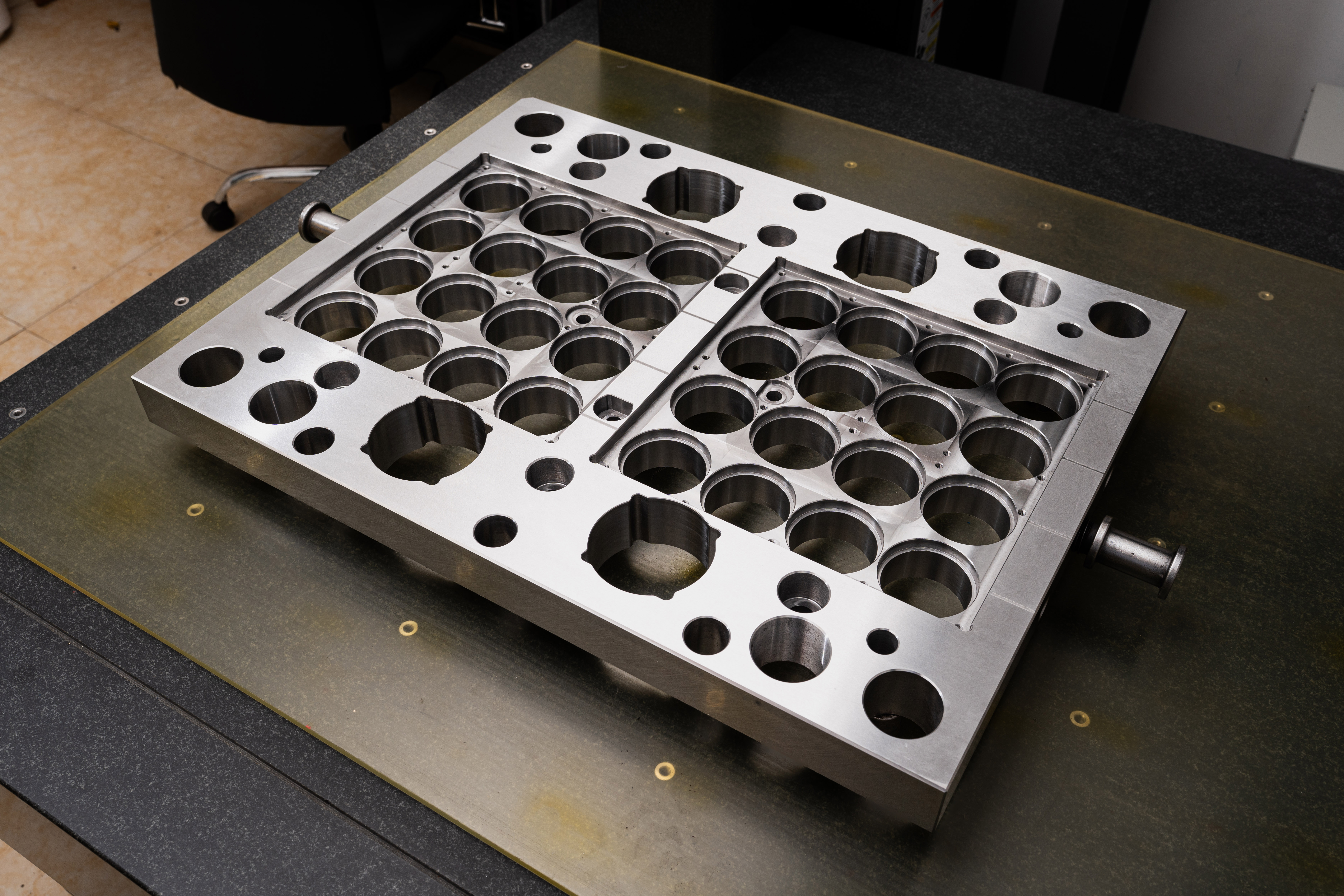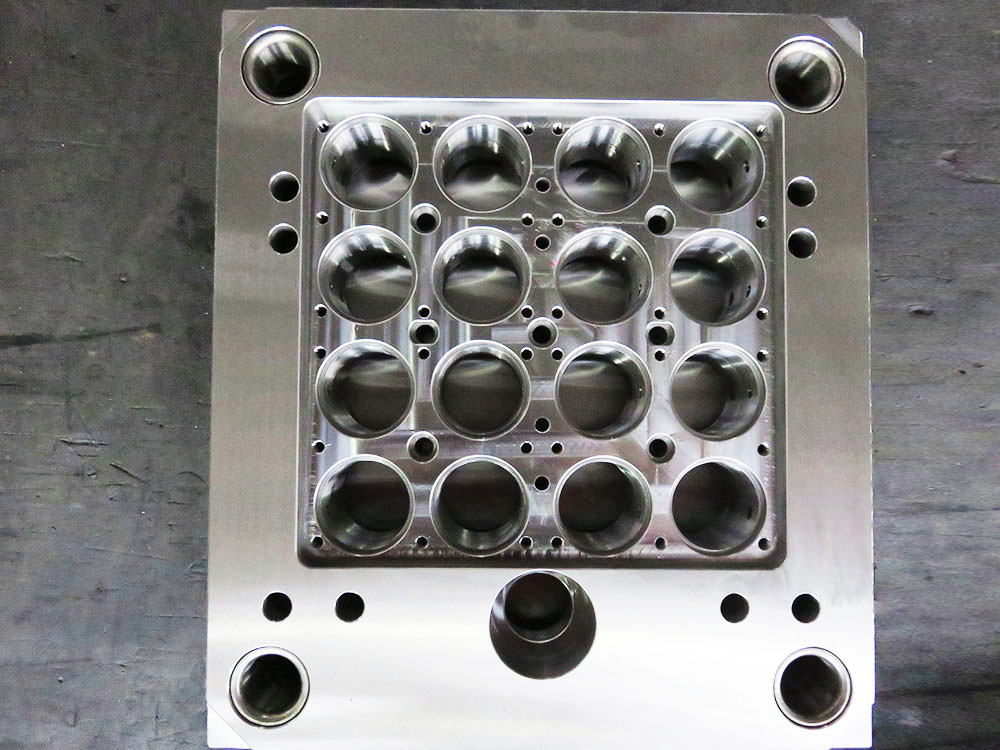What is a Non-standard Framework in the Mold Base Industry?
In the mold base industry, a non-standard framework refers to a custom or specialized framework that deviates from the standard specifications and dimensions. While standard mold bases are widely used due to their affordability and availability, there are situations where non-standard frameworks are required to meet specific design or production requirements.
One common reason for opting for a non-standard framework is the need for a unique mold design. Mold manufacturers often encounter projects that demand unconventional mold configurations to produce intricate or complex parts. These designs may require additional features such as undercuts, slides, or lifters that cannot be accommodated by a standard mold base.
The use of non-standard frameworks also becomes necessary when there are restrictions on the part size, shape, or material. In some cases, the dimensions of the part may exceed the capabilities of a standard mold base, necessitating the use of a custom framework to accommodate the larger size. Similarly, if the part requires a specific material or a unique combination of materials, a non-standard framework may be necessary to ensure compatibility and functionality.
Furthermore, non-standard frameworks are frequently employed in industries where precision and accuracy are of utmost importance. Sectors such as aerospace, medical devices, and automotive often require molds with tighter tolerances and more rigorous quality control measures. Standard mold bases may not meet these requirements, leading manufacturers to opt for non-standard frameworks that can be tailored to their specific needs.
While non-standard frameworks offer flexibility and customization, they also come with certain challenges. One key concern is cost. Customization typically involves additional time and resources to design and manufacture the mold base. Non-standard frameworks may require specialized machining and precise customization, driving up production costs.
Another challenge is the potential lack of compatibility with existing mold components or standardization in the supply chain. Compatibility issues may arise when using non-standard frameworks, as they may not fit seamlessly with existing components or transportation systems. Manufacturers must ensure that all parts of the mold, including the framework, are compatible and interchangeable to avoid any disruptions or delays in the production process.
In conclusion, non-standard frameworks in the mold base industry refer to custom or specialized frameworks that deviate from standard specifications and dimensions. They are often required for unique mold designs, specific part sizes or materials, and industries that demand higher precision and accuracy. While they offer flexibility and customization, non-standard frameworks come with challenges such as increased cost and potential compatibility issues. By carefully assessing project requirements and considering the trade-offs, manufacturers can determine whether a non-standard framework is necessary to meet their specific needs.




